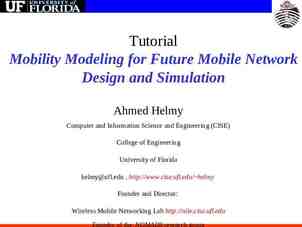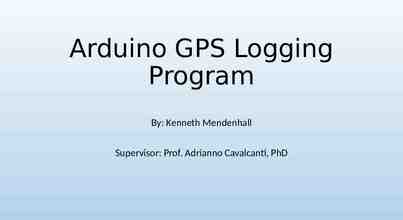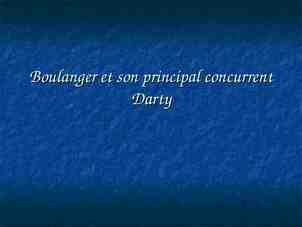HELPING THE HELP-REJECTER PART II: WORKING WITH SKEET SHOOTERS,
20 Slides745.31 KB

HELPING THE HELP-REJECTER PART II: WORKING WITH SKEET SHOOTERS, EEYORES, PARENT-SCHEDULERS, AND DRIVE-BY-CRISIS CLIENTS AT COLLEGE COUNSELING CENTERS Shelly Lear, Hobart & William Smith Colleges Mark Rice, Binghamton University Darlene Schmitt, The College at Brockport Camille Simonetti, Hobart & William Smith Colleges

Panel Introductions Goals/learning outcomes Conversation & Discussion format Observations from this year

“Skeet Shooters” “Eeyeores” “Parent-schedulers” “Drive-By-Crises” 4 TYPES OF HELP-REJECTING CLIENTS

Description May shoot down reflections, possible treatment plans, interventions, ideas. Can be direct (arguers, philosophers) Can be indirect (Yes, but I’ve tried that change of subject) Therapist mounting frustration is good signal Skeet Shooters

Understanding them Several possible angles in relational dynamics or client motivations: Could it be therapist approach? (relationally or strategically) Client need for autonomy in the process who is leading? Reactivity? (per John Norcross) Therapy-interfering behavior as a window onto core beliefs or ‘positions’ Milton Erickson donkey metaphor SKEET SHOOTERS

Strategies for helping Acknowledge possible lack of fit for an idea / intervention and regroup Step back into further exploration with client as a whole, or problem area Tailor types of strategies to overall stage of change Engage client as an agent in exploring strategies, e.g. finding pathways vs. hard goals Explore and empathize with the stuck position AND reframe as strategy for coping with core beliefs/wounds SKEET SHOOTERS

Managing the Relationship Who is working harder? Find the balance but don’t bail out Cultivate authentic compassion for the stuck position Seek self-supervision or external supervision for reactions: managing helplessness, how to bracket heroic therapist role, let go of pressure to change When student does start to shift, stay mindful of relational pacing / patience

Description EEYORES

Understanding them Pessimistic view of themselves, others and the world around them Because they tend to be profoundly conflicted, (i.e. craves love, and often laments their outsider status) they struggle to give and receive it. Often described as “gloomy”, but capable of enormous compassion Benefits of this personality type include being dependable, organized, and a reflective, deep thinker EEYORES

Strategies for helping Using basic reflective listening skills and open ended questions that allow them to reflect on what works and what doesn’t (i.e. “how’s that been working for you?” What purpose does it or has it served you in the past”) Challenge their all or nothing, overgeneralized cognitive distortions by replacing them with facts and evidence to the contrary. EEYORES Focus on their strengths and how they can build upon them

Managing the Relationship Early on in the process, discuss expectations and define goals. Set up a concrete treatment plan; highlight what they want to get out of counseling. Include timeframes and specific homework. Eeyores are very pragmatic, and are hard workers who are dedicated and thorough, as long as the work has purpose. EEYORES

Description “How do I make an appointment for my son?” “Could you call my daughter and tell her that she should come in for counseling? But don’t tell her I called you!” PARENT-SCHEDULERS

Understanding them Parent agendas Fear of making it worse, losing the relationship Lack of parenting skill or sense of authority Fear or ignorance of developmental issues denial Student agendas Fear of developmental changes necessary Low motivation for change/counseling Bad previous experience with counseling AOD issues PARENT-SCHEDULERS

Strategies for Helping The old “bait and switch” - coaching Educating about the limits of counseling Educating about the other resources on campus Educate about developmental issues Talk like a family therapist PARENT-SCHEDULERS

Managing the Relationship Convey caring Invite them to call again Predict the future for them if they don’t change Help them manage their anxiety – and remember that the student isn’t the client yet! PARENT-SCHEDULERS

Description DRIVE-BY-CRISES

Understanding Them Voluntary State of distress Seeking immediate relief Want someone to take away emotional pain Involuntary Brought in by campus community Sometimes in denial about symptoms Repeated at risk behaviors which lead to more involuntary crisis appts DRIVE-BY-CRISES

Managing the Relationship Building rapport early by being transparent Dealing with resistance by emphasizing client responsibility Managing splitting as a team with consultation and supervision DRIVE-BY-CRISES

Strategies for Helping Increasing support and coping Psycho Ed Crisis vs. Counseling Planting a seed Team approach DRIVE-BY-CRISES

Thoughts Questions Challenges Other ideas DISCUSSION






